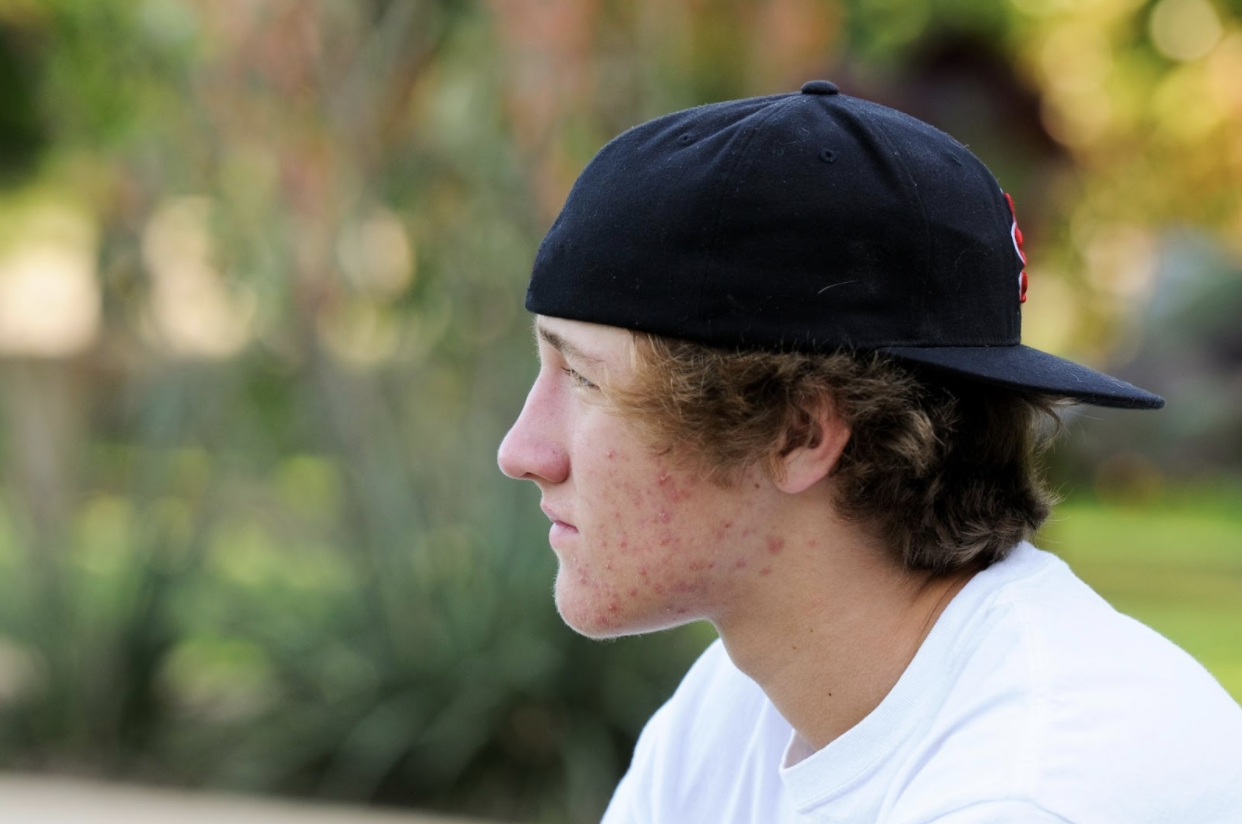Gluten is a kind of protein that is found in grains like wheat, rye, and barley. It is often found in foods that use these ingredients, but it can also be found in medicines, vitamins, and supplements that use small amounts of these ingredients.
Gluten intolerance, also called gluten sensitivity, non-celiac gluten sensitivity, or non-celiac wheat sensitivity, is a disorder where your body reacts badly to eating gluten. It is a chronic condition that can have a negative impact on a child’s health and wellness.
There are 5 symptoms related to gluten sensitivity. Your child might experience one or all of these if he or she is gluten sensitive.
5 Symptoms of Gluten Sensitivity to Look For
1. Brain Fog or Brain Pain
Have you ever used the phrase, “I just feel like I’m in a fog today?”
Brain fog, or brain haze, is a very real thing, and it’s the most common characteristic of gluten sensitivity in both children and adults. Kids with brain fog may often feel tired, or like they just got out of bed. They may be especially forgetful, and may have trouble focusing or completing tasks.
Brain pains are also a sign of gluten sensitivity. While brain fog could be explained away on occasion, it is not normal for children to experience chronic headaches or migraines. This should be taken seriously. If your child is experiencing these symptoms, contact your pediatrician for an evaluation as gluten sensitivity has been shown to cause headaches and migraines in children.
2. Gluten Sensitivity & Tummy Troubles
Another common indicator of gluten sensitivity is an upset belly. Does your child experience an unusual amount of diarrhea, gas, or constipation almost immediately after eating? Has he ever had a distended tummy or bloat post-meal? This is a sign of gluten sensitivity.
3. Dizziness, Light-Headed
Much like brain fog, people with a gluten sensitivity may also experience bouts of dizziness or light-headness. If your child feels dizzy or lightheaded, talk to your pediatrician about the symptoms to determine the cause.
4. Rashes or Acne
Itchy elbows, knees, buttocks, and the back of the neck has been associated with gluten sensitivity. Teenagers, already going through hormonal changes, might also struggle even more with acne and breakouts as a result of gluten sensitivity.
5. Joint pain or numbness.
Chronic joint pain or tingling and numbness in the fingers, arms, or legs are clear signs of a health issue. In those with a gluten sensitivity, it happens frequently for no apparent reason.
Follow the Breadcrumbs
It’s true the symptoms above can be caused by a number of different health conditions. Your pediatrician will likely rule out other health concerns before diagnosing a gluten sensitivity.
You can help your pediatrician reach a conclusion more quickly by following the breadcrumbs.
Start a food journal at home and document everything your child eats throughout the day, be sure to timestamp it, and any of their subsequent symptoms. You should begin to notice a pattern. If your child consumes a product or food containing gluten, and then experiences any of these symptoms very soon after eating, he or she is likely struggling with gluten intolerance.
Documenting this should help your doctor reach an accurate diagnosis more quickly.
Is Gluten Intolerance a Serious Health Concern?
While it might be uncomfortable and require diet modifications, gluten intolerance is not detrimental to your child’s health. It is manageable and treatable.
However, gluten intolerance can sometimes be confused with a more serious chronic condition known as celiac disorder. So it’s very important, if you believe your child is gluten sensitive, to talk with your pediatrician.
Your doctor can do two simple blood tests to check for celiac disorder, a chronic condition in which eating gluten triggers an immune response in the small intestine. Over time, this reaction damages the small intestine’s lining and prevents it from absorbing some nutrients (malabsorption).
If celiac disorder is ruled out, then your pediatrician should be able to help you adopt a holistic health plan to help your child manage their gluten sensitivity. This can include working with a nutritionist, making dietary changes, and lifestyle changes to help support your gluten sensitive child’s health and wellness.
If you liked this article from Thrive Pediatrics, you might also like:
–The Benefits of Choosing a Holistic Pediatrician for Your Family
–4 Ways The Environment Can Impact Your Child’s Health





